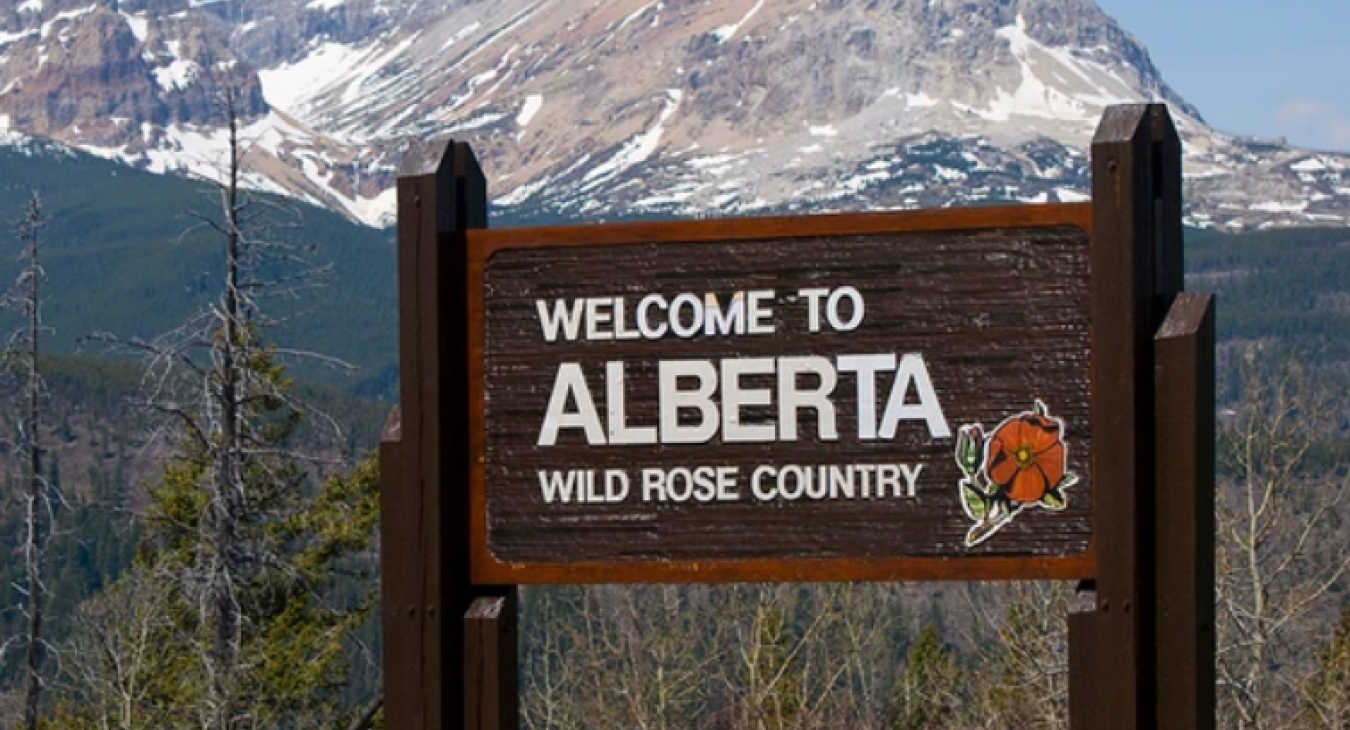Following the victory of the Liberals led by Mark Carney, talk of separatism in Alberta has once again intensified in Canada. Frustrated by the federal government's policies, especially on energy and taxes, some residents of the province are demanding secession from the country.
Alberta Premier Danielle Smith has responded to these sentiments: in 2025, her government has simplified the mechanism for putting the question of independence to a referendum. Now, it is enough to collect the signatures of 10% of voters - about 180,000 people.
Separatist sentiments in Alberta have flared up before - in the 1980s, after the introduction of Pierre Trudeau's National Energy Program, and in 2019 with the Wexit movement. However, in the entire history of the province, only one separatist has been elected to the legislative assembly, and then only for two and a half months.
Polls show that while 60% of Albertans generally support the idea of independence, only 25-30% would vote “yes” in a specific referendum. That is, the majority still does not support leaving Canada.
Legally, secession is extremely difficult. The federal Clarity Act requires a “clear majority” in a referendum, a clear formulation of the question, and subsequent negotiations with Ottawa and all provinces to change the Constitution. The right to unilateral secession is excluded.
An additional complication is the position of Aboriginal peoples. Alberta is fully covered by treaties with First Nations. In response to Smith’s initiative, representatives of Aboriginal communities said that they would not allow the province to secede without taking their rights into account. The government hastily introduced an amendment clarifying that no referendum can violate the provisions of the treaties.
Experts note that without the consent of Aboriginal peoples, Ottawa will not be able to legally approve secession. However, this does not mean a formal veto right. The negotiations will likely be extremely difficult, and success is possible only if all legal, political and moral conditions are met.
Bottom line: despite the loud statements and rallies, the real prospect of Alberta leaving Canada remains unlikely. But dissatisfaction with the federal center and calls for autonomy have not disappeared - and may again intensify if the political situation changes.
